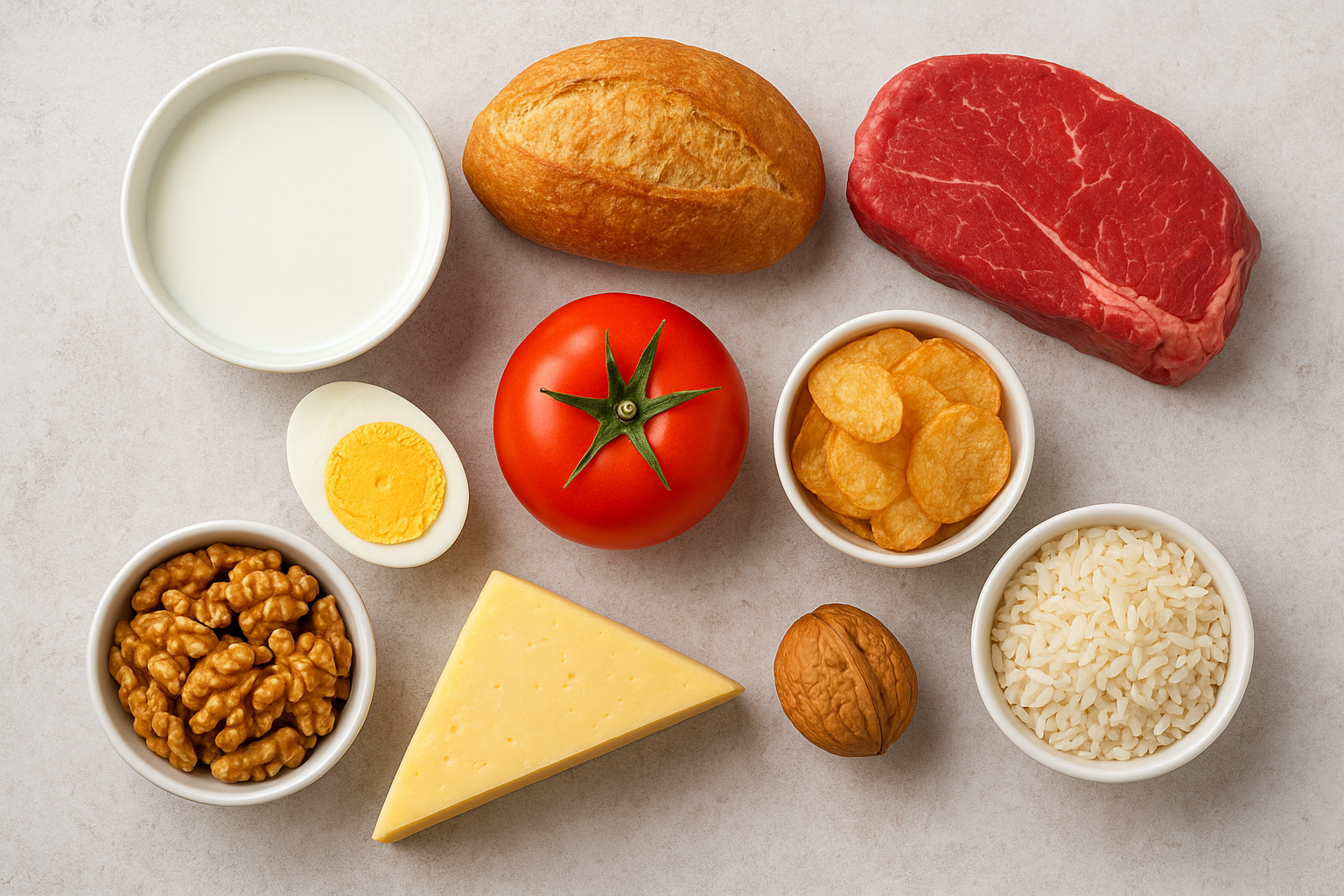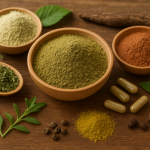Why Some Foods Can Become Harmful or Useless in the Freezer, According to Dr. Barbara O’Neill
Freezing is one of the most common household methods to preserve food. But did you know that some foods should never be frozen? According to Dr. Barbara O’Neill, a renowned naturopath and health educator, freezing certain items can not only ruin the nutritional value of food but may also make them toxic, indigestible, or harmful to your body.
Let’s explore what food you should not freeze, why freezer burn is dangerous, why you should not put hot food in the freezer, and why refreezing food can be risky.
Why Should You Not Freeze Hot Food?
One common mistake people make is putting hot food directly into the fridge or freezer. Dr. O’Neill explains that you should not freeze hot food because it raises the temperature inside the freezer, causing other foods to begin thawing and refreezing—an ideal environment for bacterial growth.
Also, hot food creates moisture, leading to ice crystal formation. These ice crystals cause food to lose texture, flavor, and nutrients, and may even damage cell structures in natural produce. Always let food cool to room temperature before freezing.
Why You Should Not Refreeze Food Twice
Dr. O’Neill strongly advises against refreezing food once it has thawed. Each freeze-thaw cycle breaks down the food’s integrity, alters its enzyme balance, and increases the risk of bacterial contamination—especially in meats and dairy.
So, why should you not refreeze food twice? Because repeated freezing breaks the food down so much that it becomes toxic to the gut, increases your toxin load, and may even contribute to intestinal inflammation.
Why You Should Not Eat Freezer-Burned Food
Ever noticed dry, frosty patches on food that’s been in the freezer too long? That’s freezer burn. Dr. O’Neill clarifies that you should not eat freezer burned food, because it has lost its vitality and life force.
Freezer burn causes food to become dry, flavorless, and nutritionally empty. In some cases, especially with meats, it can create rancidity and oxidized fats, which Dr. Barbara links to free radicals—harmful agents that can damage your cells.

What Food You Should Not Freeze – As Per Dr. Barbara O’Neill
Let’s now look at which foods can you not freeze according to Dr. O’Neill:
1. Lettuce and Leafy Greens
Freezing watery vegetables like lettuce destroys their cell walls, turning them to mush. You lose enzymes and vitamins, and they become indigestible.
2. Cucumbers and Tomatoes
These high-water fruits collapse when frozen. They become watery sludge that lacks both flavor and nutrition.
3. Eggs in the Shell
Eggs expand when frozen and may crack, leading to bacterial contamination. Even if they don’t crack, their protein structure changes, making them difficult to digest.
4. Milk and Cream
Once frozen, the fat in milk separates, and the texture becomes grainy. This damages the natural emulsification of dairy.
5. Cooked Pasta or Potatoes
Freezing these starchy foods makes them go rubbery and gooey. Dr. O’Neill says mushy starches can ferment in the gut, leading to bloating and gas.
6. Foods Fried in Oil
Freezing cooked fried food is a big no. The oxidized oils become toxic, contributing to cellular damage and chronic illness over time.

What Food Is Not Safe to Freeze in Plastic?
Dr. O’Neill also warns against freezing food in plastic containers or bags. Plastics can leach chemicals into the food, especially when the food is acidic or fatty. These chemicals include BPA and phthalates, known endocrine disruptors.
If you must freeze, use glass containers or stainless steel. Avoid freezing any food uncovered or in tin foil that touches acidic items like tomatoes.
Natural Freezing Wisdom
So, what food should you not freeze? The answer lies not just in safety but in nutritional integrity. As Dr. Barbara O’Neill says, food should feed your body, cells, and gut—not burden them. If a food becomes mushy, rancid, oxidized, or leaches chemicals due to freezing, it’s no longer doing your health any good.
Preserve your food naturally. Use your freezer wisely, don’t freeze things that are warm, and never refreeze food. And if it’s freezer burned, compost it—don’t eat it.



